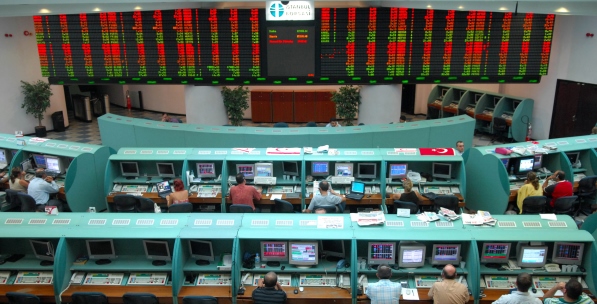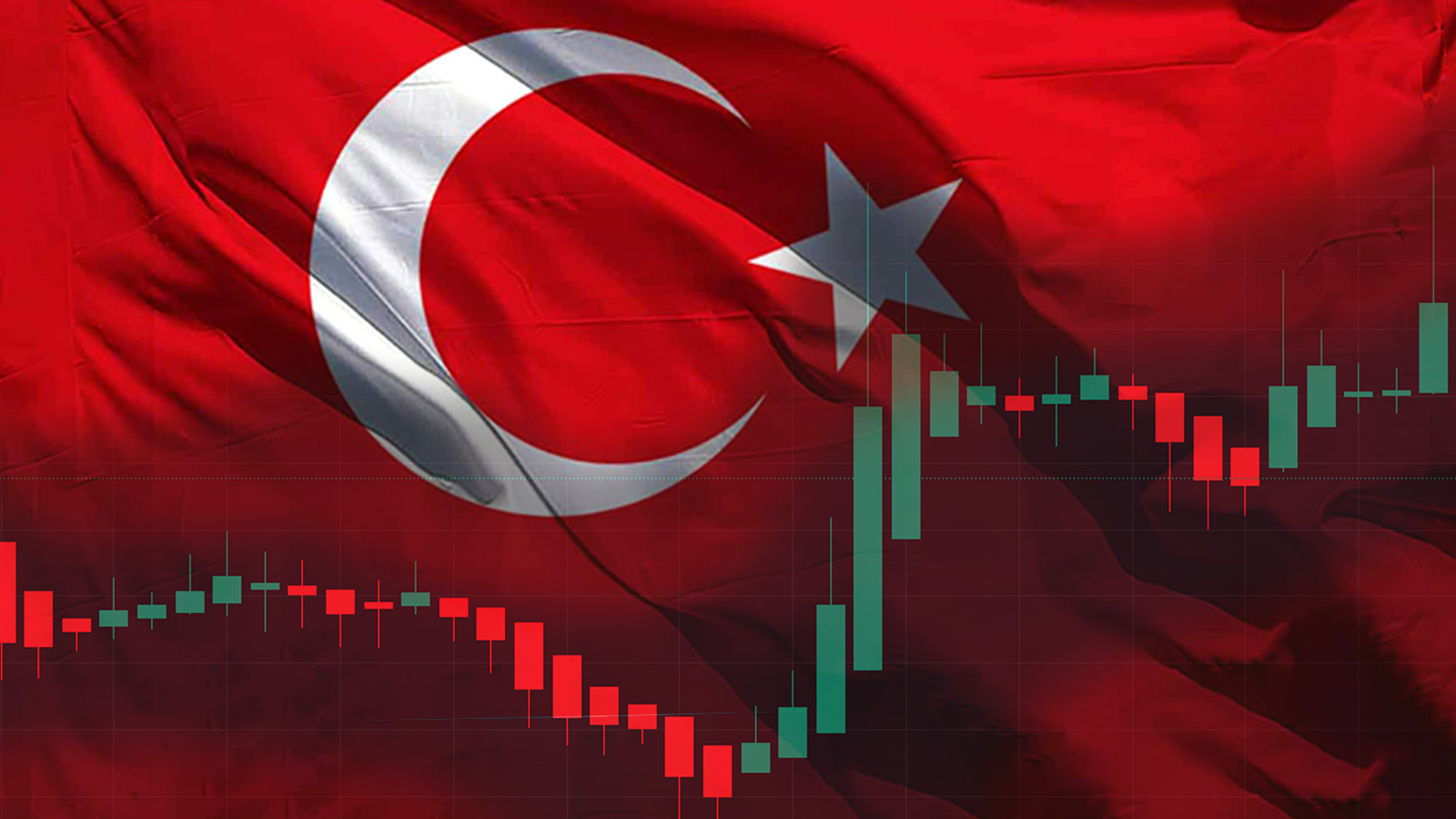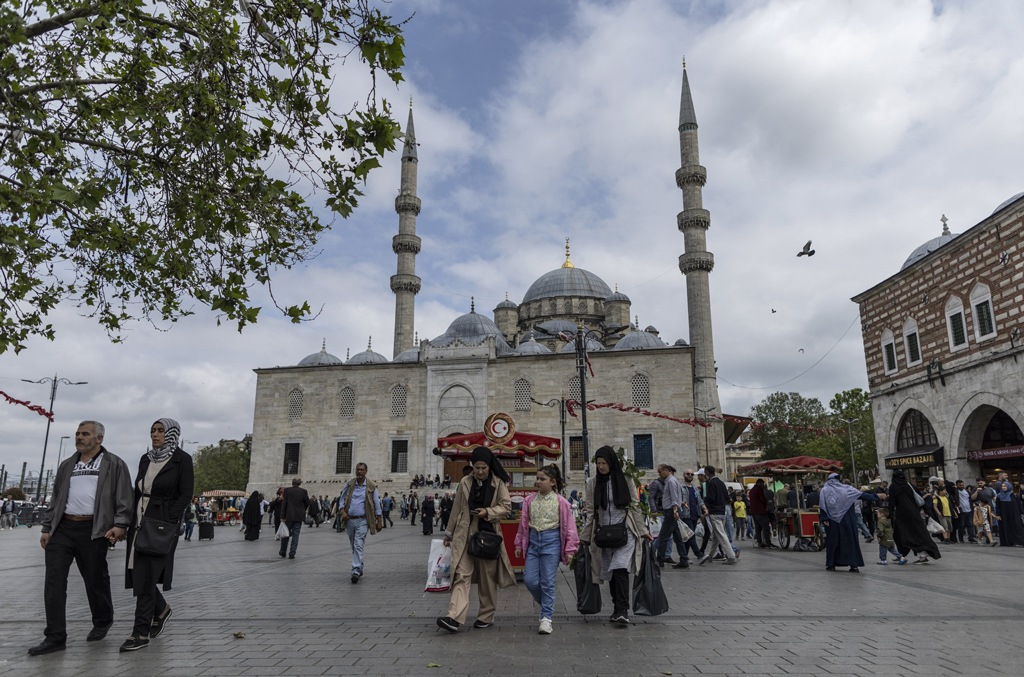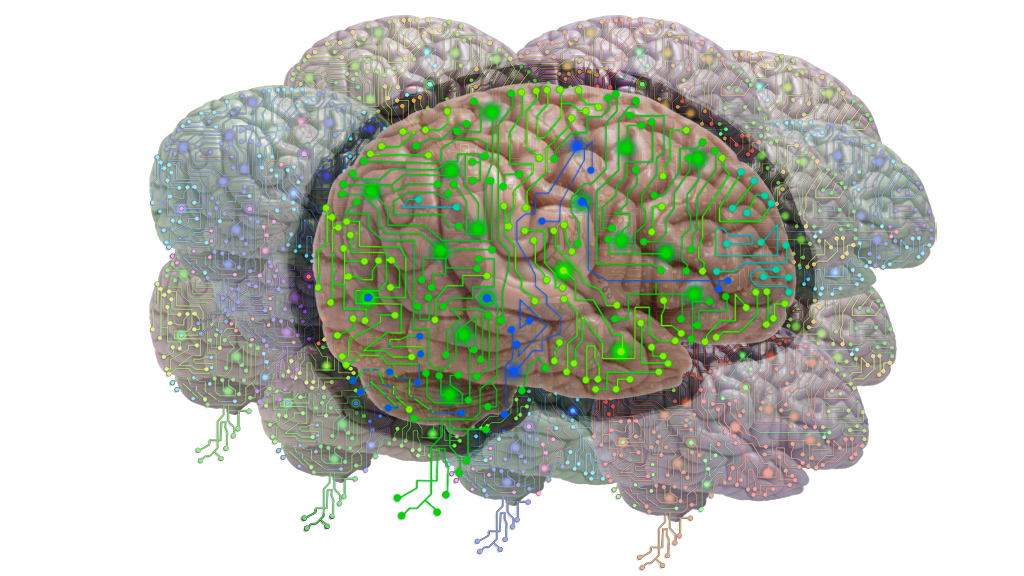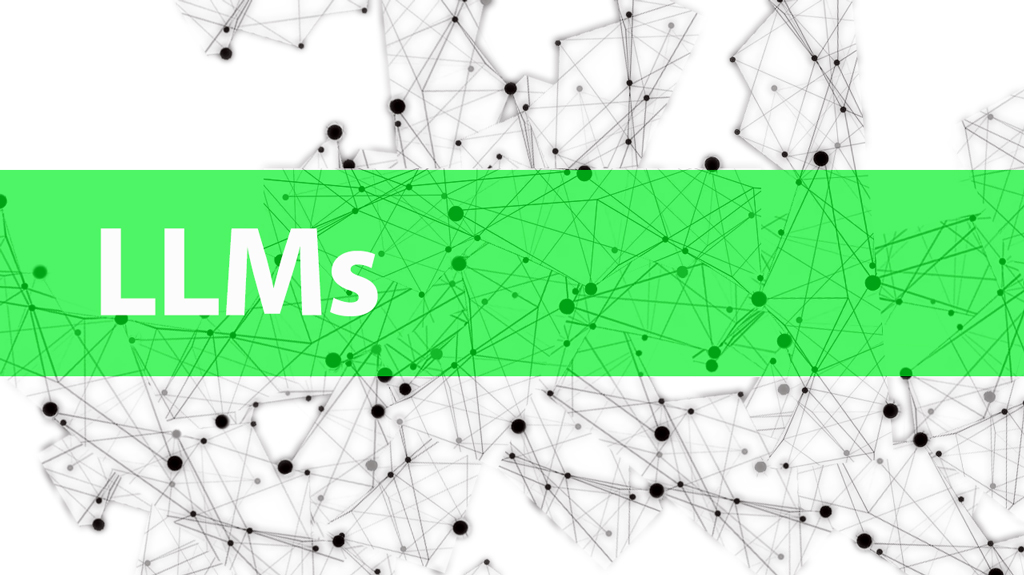Economists define political instability as a serious malaise which undermines economic performance. The reason lying behind it can be analyzed in two perspectives. Firstly, decision-makers’ horizons are limited in an environment of economic uncertainty; therefore, they put into force suboptimal macro-economic policies. The political uncertainty, which narrows the horizons of monetary and fiscal authorities and causes them to make short-sighted decisions, also negatively influences other economic actors. As a matter of fact, actors in both goods and capital markets fail to make accurate forecasts in an atmosphere of instability, and they are forced to be engaged in limited activities in order to avoid risks. This is largely related to frequent changes in political decisions and high volatility.
Political stability has different levels and definitions. A span of these definitions includes a wide range of phenomena from wars, revolutions, coups and assassinations to the fall and change of governments.
It must be underlined here that a government change may include several alternatives such as the replacement of a party in power with a different one, and a cabinet change, that is, appointment of a new prime minister and/or a change of 50 percent or more of the cabinet members Furthermore, in a number of academic studies, the existence of different ideological opinions within the government (e.g., when there is a coalition government) is also considered a political instability because the resulting chaos environment, as a matter of course, slows down or interrupts the decision-making mechanisms. All these forms of instability, without doubt, were seen both in Turkey and other countries in the world in the 1900s and the 2000s, and significantly shook up national economies. However, this analysis will focus on the economic influences of the political stability model that is defined to be shaped by the forms and changes of government.

